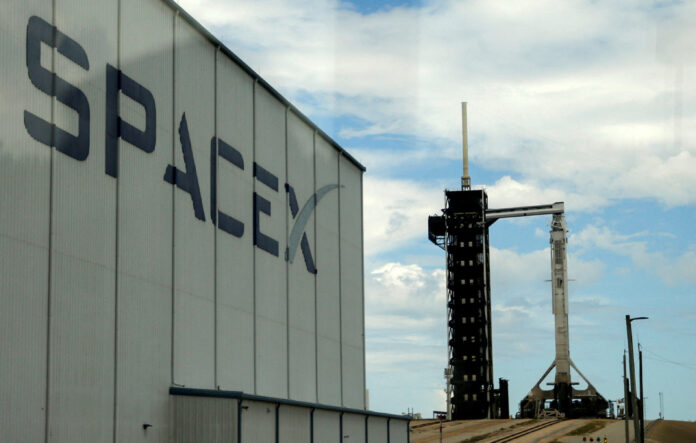
SpaceX Secures $733 Million Contract from US Space Force to Accelerate National Security Space Launches
SpaceX, led by Elon Musk, has secured a significant contract from the US Space Force worth $733 million, covering eight launches. This contract, issued by the Space Systems Command (SSC) under the National Security Space Launch (NSSL) Phase 3 Lane 1 program, underscores the critical role that rapid space access plays in national security efforts. Brigadier General Kristin Panzenhagen, the program’s executive officer for Assured Access to Space, emphasized the importance of swift execution in this highly competitive global environment, stating that leaving critical capabilities on the ground could no longer be afforded.
Panzenhagen noted that the NSSL Phase 3 Lane 1 construct is designed to expedite launch services, particularly for payloads that can tolerate higher risk, to ensure essential capabilities are deployed in orbit more quickly. This rapid deployment of assets is intended to strengthen national defense by enhancing space-based capabilities. The contract awarded to SpaceX includes seven launches for the Space Development Agency (SDA) and one for the National Reconnaissance Office (NRO), with the missions scheduled to take place no earlier than 2026.
Space Force officials expressed enthusiasm about initiating the NSSL Phase 3 Lane 1 effort with these task orders. Lt. Colonel Douglas Downs, the SSC’s materiel leader for Space Launch Procurement, highlighted the innovation behind the dual-lane strategy, which not only streamlines the entire process, from mission acquisition to launch, but also allows for quicker delivery of assets into orbit. This strategic approach aims to benefit the nation’s warfighters, providing them with critical space-based support sooner than traditional timelines would allow.
Downs also underscored the role of competition in driving success in this endeavor, noting that industry players had stepped up to meet the demands of the contract. The dual-lane strategy, which enables the onboarding of new providers and systems on an annual basis, is expected to foster greater competition and diversity within the space launch sector. This approach is aimed at making the process more efficient and flexible while bringing fresh solutions into the national security space launch arena.
The NSSL Phase 3 Lane 1 award is set for the period from fiscal year 2025 to fiscal year 2029, with a potential five-year extension. This program is part of the broader mission of the Space Systems Command, which serves as the field command for the US Space Force. The SSC is responsible for acquiring and delivering resilient space capabilities designed to ensure that the United States maintains a strategic advantage in space. With a $15.6 billion space acquisition budget, the SSC works closely with a range of stakeholders, including joint military forces, industry partners, government agencies, and academic organizations, to ensure that the nation’s space operations remain secure and capable of defending US interests.
The Space Force’s decision to work closely with SpaceX in this capacity reflects the increasing reliance on private-sector innovation to meet national defense needs. SpaceX’s rapid advancements in reusable rocket technology and its proven ability to execute complex space missions have positioned the company as a leading partner in the realm of national security space launches. This contract further solidifies SpaceX’s role in supporting critical US government missions, particularly in areas where speed and resilience are paramount.
Overall, the $733 million contract and the structure of the NSSL Phase 3 Lane 1 program mark a significant step forward in how the US manages and executes space missions. As global competition intensifies in space, the ability to quickly deploy defense assets will likely be a decisive factor in maintaining security and technological superiority. The partnership between the Space Force and SpaceX exemplifies a modern approach to space operations, one that combines the best of private-sector agility and public-sector oversight to safeguard national interests in an increasingly contested domain.
